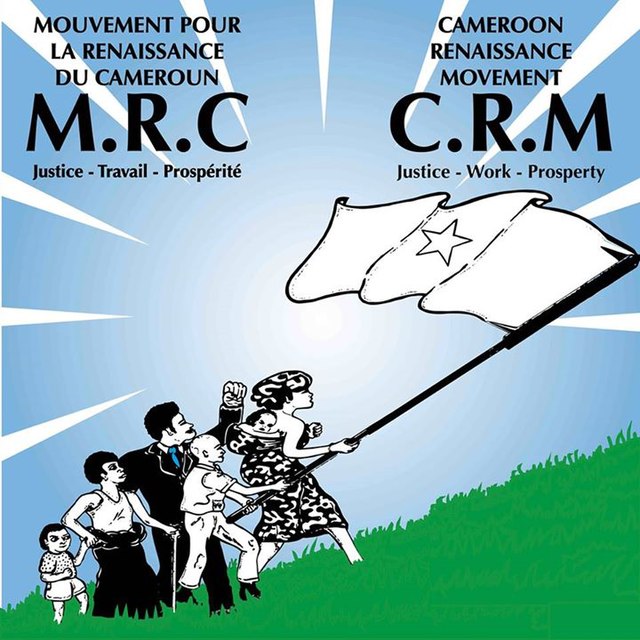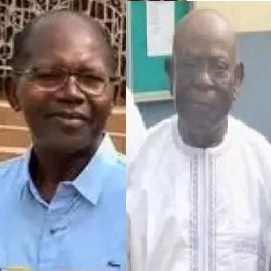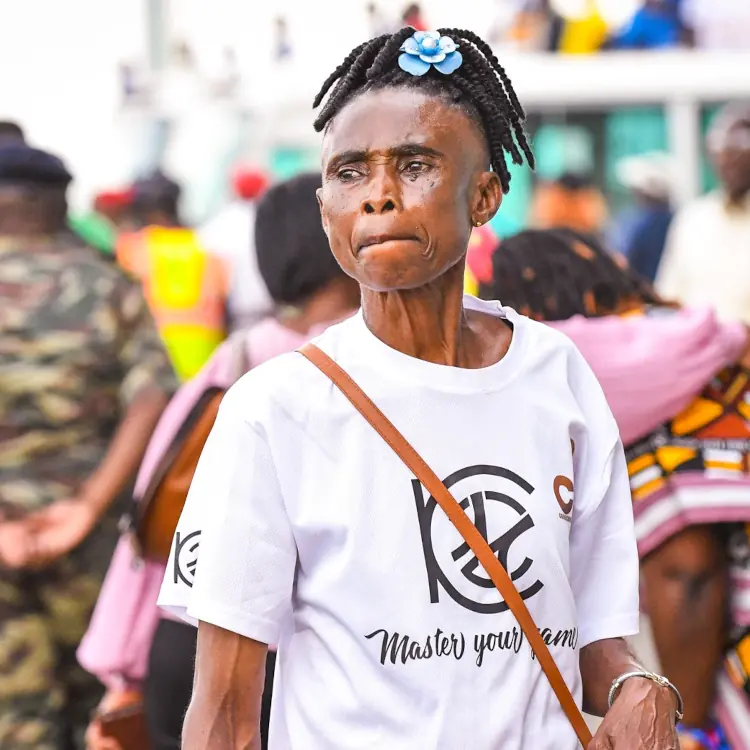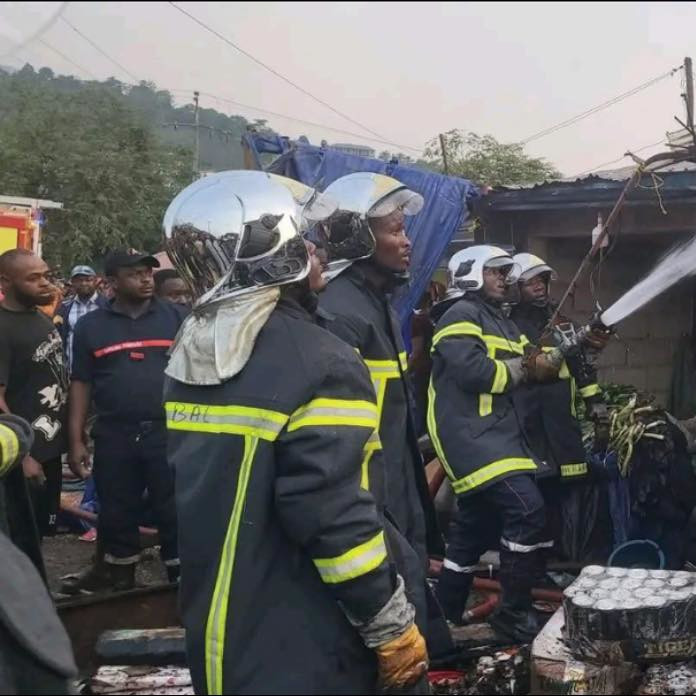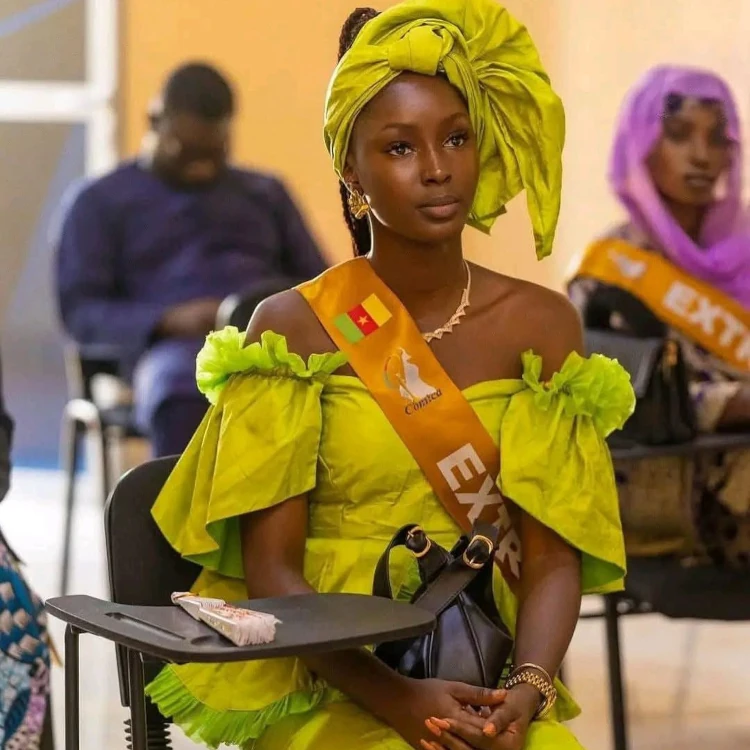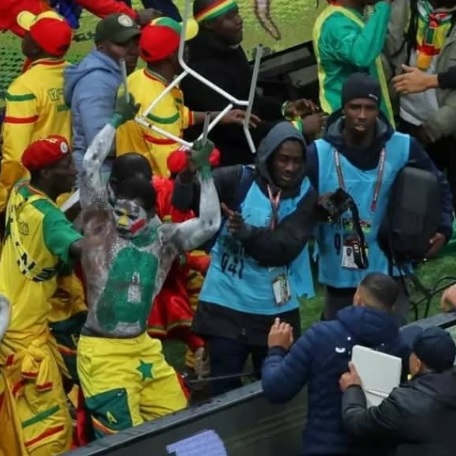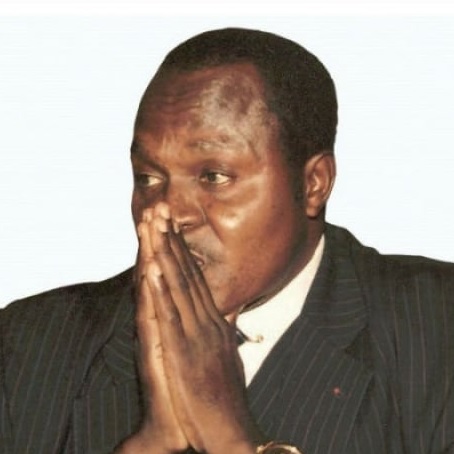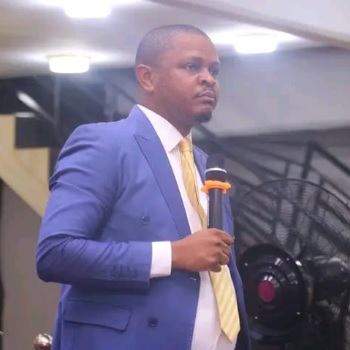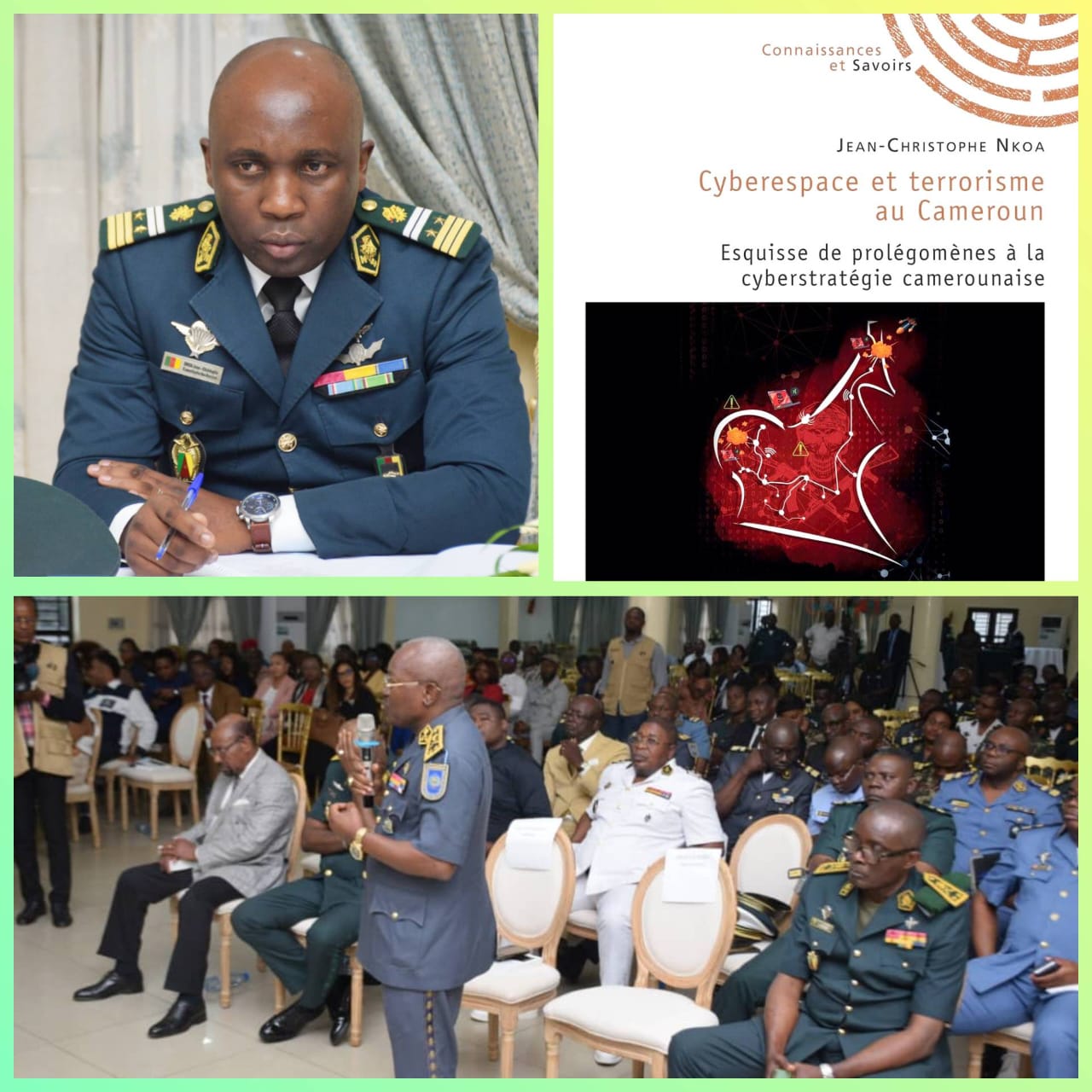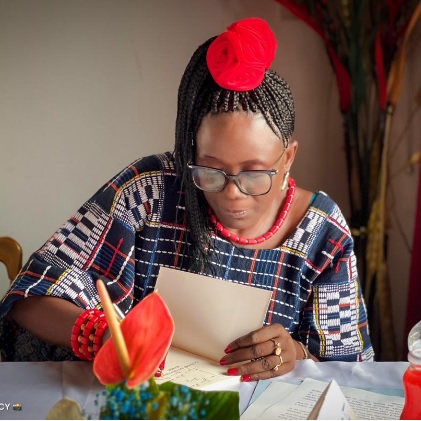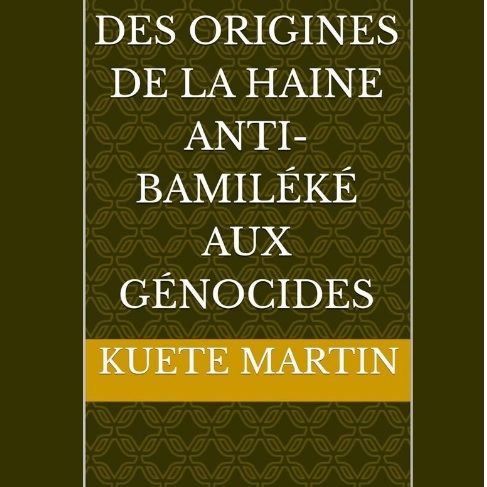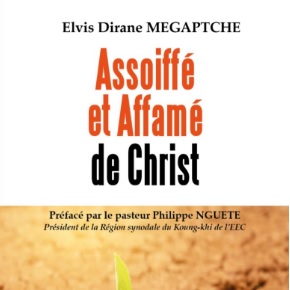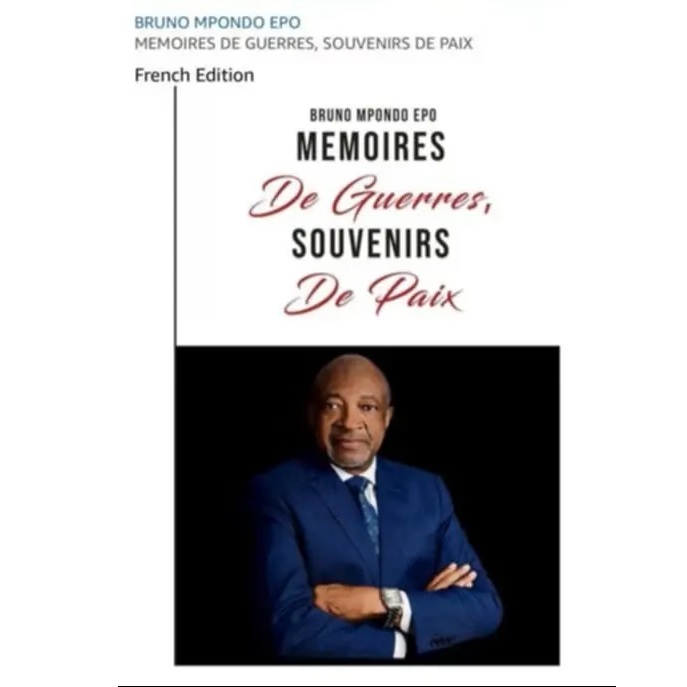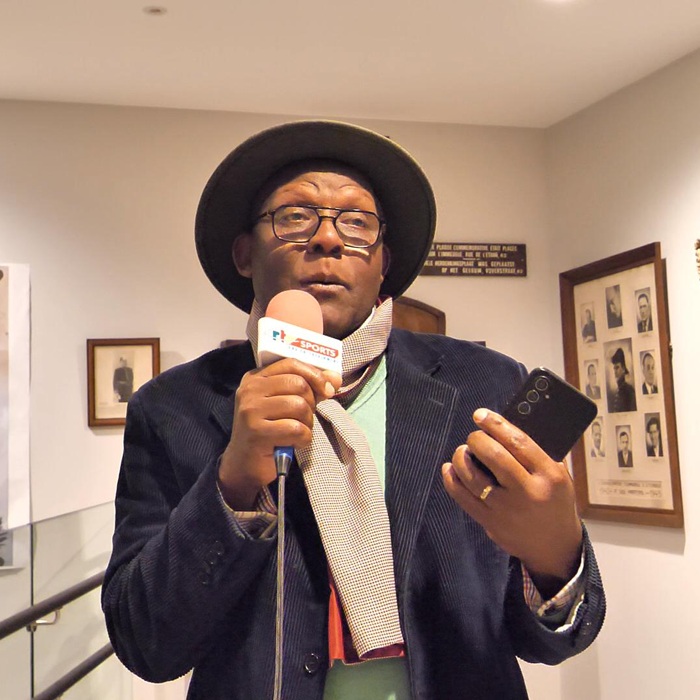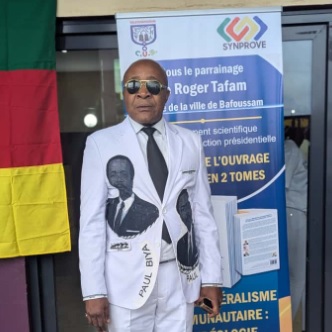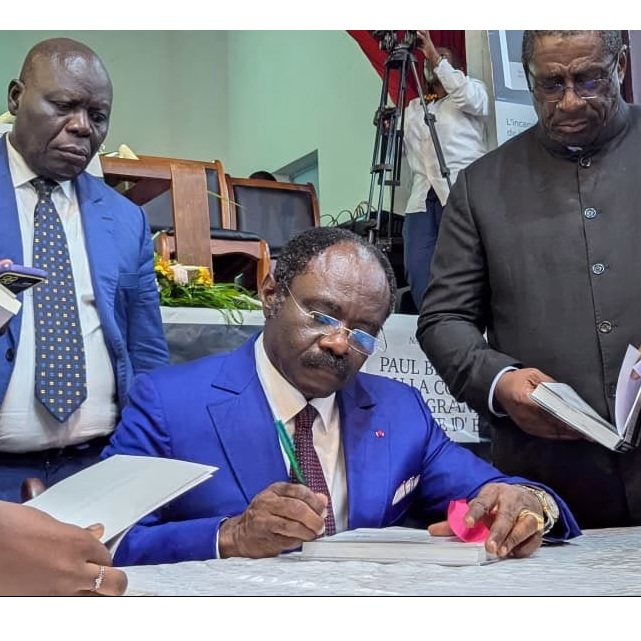

-
© Contributor : Palabre Intellectuelle
- 30 May 2018 09:08:44
- |
- 6645
- |
Sri Lanka: 'Religion has a lot to answer for in terms of extremist violence': Meet Shyam Selvadurai in 5 Questions
Our guest is known as a reference amongst the writers of Sri Lanka, his native land; his literature is highly-regarded in Canada, his host country. One of the recurring themes in his works is peace and the research of peace. Now relax, let’s have the great honor to meditate a while with Shyam Selvadurai!
Better late than never. It is only several weeks ago that I had the opportunity to relish "The hungry ghosts", a powerful story by Shyam Selvadurai; a multi-prized author born in Sri Lanka and emigrated to Canada. Just like Shivan, the principal character of "The hungry gosts".
Shyam, this makes me wonder about the part of your own experience in building your story. Having read some excerpts from your biography before starting with the book, I could not help but guess your face behind the mask of your hero all along the story. Was I totally wrong ?
You aren’t totally wrong. My work is autobiographical but it is an autobiography of time and place and period detail and feeling, rather than an autobiography of plot and character. In other words, I didn’t have a grandmother like the one in the book. I didn’t lose my father when I was a child etc. But the experience of migration, the loss of Sri Lanka, the racism faced in Canada were all things I went through. I just took those feelings and experiences and gave them to Shivan. They also changed in the process of my doing that, because Shivan is a very different person from me.
The novel is also historical, relating the Sri Lankan civil war opposing the Tamil and Sinhala tribes. The narrative has the makings of a subverted realism. Extreme violence in riots, expropriations, mass emigration of the Tamil, especially to Canada. “Poor Sri lanka.” my mother sighed and twitched the sheers closed. “i don’t know when we will ever see peace” This extract from your book may still sound current today, given the recent brutal events heard from your native land. What according to you needs to be done to restore peace in a divided nation; how far can a writer contribute to reconcile—refering to the title of an anthology you directed?
What a writer can contribute is to allow readers access to other realities that they might not encounter in person. In other words, a Sinhalese person will get to know the Tamil experience through reading my books and books by other Tamil writers. And Tamils will get to understand the Sinhalese experience through their literature. In this we create a tolerant, pluralistic country. To restore peace, one needs to have systemic changes take place in Sri Lanka in terms of the sharing of power. It’s very complex and so cannot be explained simply here.
Coming back to the story, the hero’s little family is united by a very strong affection, though suffering also from tumultuous relations with the grandmother, who appears to be sometimes surly and too much demanding. But once in Canada, realities changed ; it seems like Shivan and sister showed less filial love or respect to their mother than when they were in their motherland. Was it due to the fact that they’ve grown teenages meantime, or to their new environmental realities?
It’s a combination of growing up and away from their mother and also the rising up of their own traumas from the past and also their struggles to survive in the new world. The second generation often does make this break for a while, before they return to their family, as Renu does in the book.
The title is inspired by a Buddhist parable, like many other proverbs and poetic words throughout the story. I mostly liked the image of “like rain soaking a parched land”, often used by the hero’s grandmother to express a sense of relief. What is your opinion about religion today, in view of the ever-growing extremists’ violence?
I think religion has a lot to answer for in terms of extremist violence, whether in Sri Lanka or elsewhere. But spirituality is another thing, which is what I take from Buddhism. I like and believe in its tenets but don’t like the way the organized religion of Buddhism enforces and distorts them.
Thanks very much, Shyam. I must also thank your publishing house in London, Saqi Books, who had the good idea of sending a copy of “The Hungry ghosts” to the team of the last edition of the Grand Prix of Literary Associations, an international literary prize in which your novel was selected; not forgetting a friend of mine from the GPLA team who recommended the book to me. I got so much pleasure reading it. Any concluding word?
I don’t really have any except to thank you for your interest in my work.
Previously released on lebureaudelacritique.wordpress.com: by Palabre Intellectuelle
Pour plus d'informations sur l'actualité, abonnez vous sur : notre chaîne WhatsApp
Lire aussi dans la rubrique LIVRES
Les + récents
Maurice Kamto dénonce la confiscation du corps d'Anicet Ekane par l'État
DENUNCIATION OF THE CONFISCATION OF THE MORTAL REMAINS OF ANICET EKANE BY THE AUTHORITIES
Opération Épervier : Belinga et Ondo Ondo libérés après 20 ans, l'argent public restitué ?
Sarah Etonge remporte la catégorie masters : deux titres consécutifs sur la montagne
Lydol nommée à l'Université de Montréal : le slam africain entre dans les amphis
LE DéBAT




Afrique : Quel droit à l'image pour les défunts au Cameroun ?
- 17 December 2017
- /
- 228767

Vidéo de la semaine
évènement


